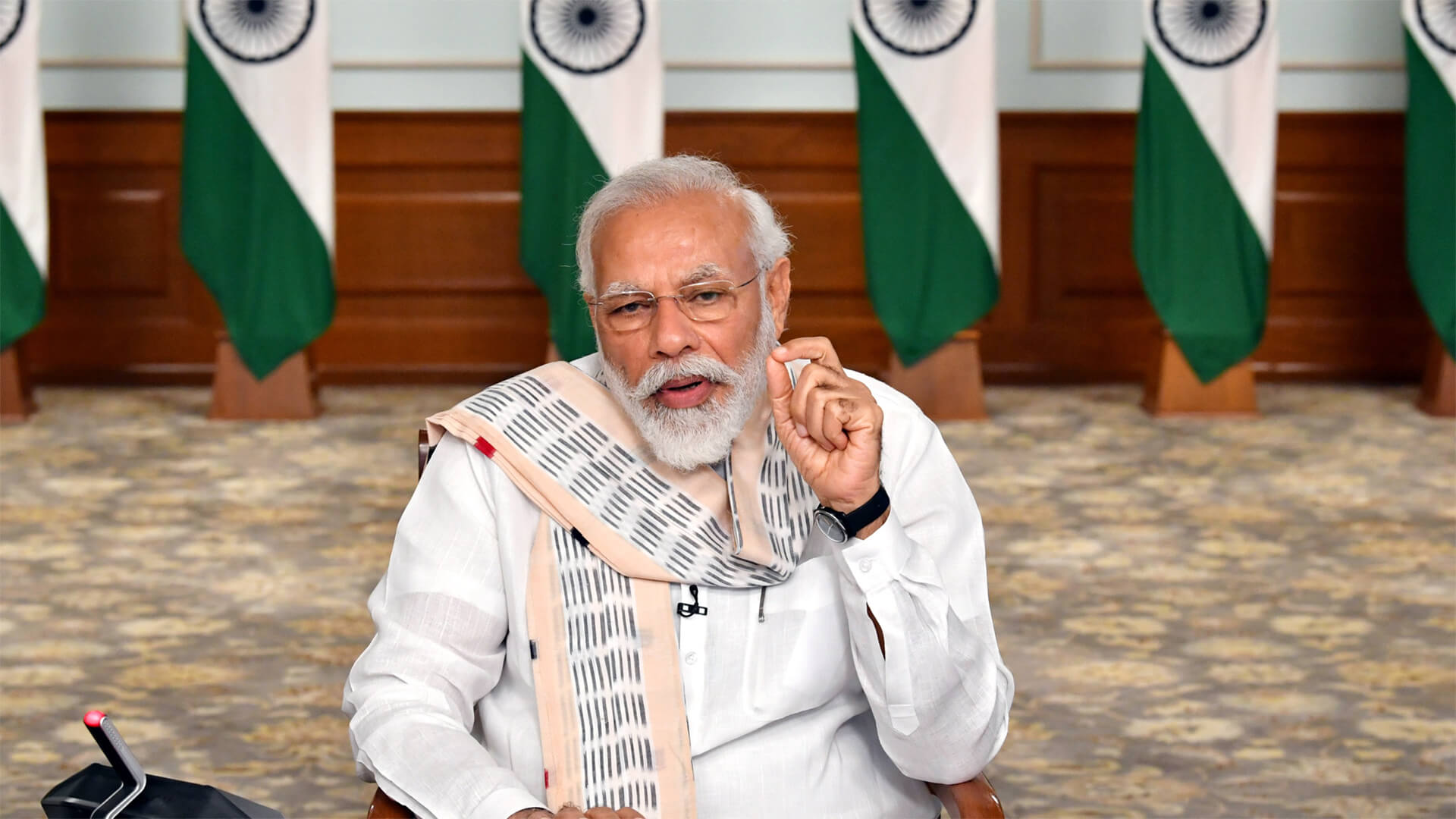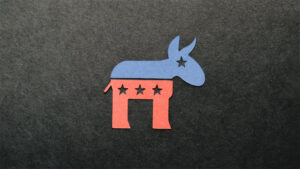We’ve got a few more elections to talk about today, and who knows, maybe the US might even learn something from South Africa and India.
Over in India, Prime Minister Modi’s BJP party didn’t quite get the majority vote they expected, so that necessitates a coalition government. Many are even citing this as a good thing for India, as to limit Modi’s increasingly authoritarian rule. The crazy thing is that this election was clean, well-run, and everyone has accepted the results.
In South Africa, the party who has been ruling since the anti-apartheid era – the ANC – also fell short at the polls. So, they’ll also need to form a coalition, although the other parties rounding out the coalition aren’t exactly first round draft picks. Despite the ANC’s corruption, the election was still accepted as free and fair.
Here are my takeaways from today. #1 – India and South Africa will be forming coalition governments. #2 – the people of India and South Africa have more faith in their electoral processes than Americans do in theirs…yikes.
Here at Zeihan On Geopolitics we select a single charity to sponsor. We have two criteria:
First, we look across the world and use our skill sets to identify where the needs are most acute. Second, we look for an institution with preexisting networks for both materials gathering and aid distribution. That way we know every cent of our donation is not simply going directly to where help is needed most, but our donations serve as a force multiplier for a system already in existence. Then we give what we can.
Today, our chosen charity is a group called Medshare, which provides emergency medical services to communities in need, with a very heavy emphasis on locations facing acute crises. Medshare operates right in the thick of it. Until future notice, every cent we earn from every book we sell in every format through every retailer is going to Medshare’s Ukraine fund.
And then there’s you.
Our newsletters and videologues are not only free, they will always be free. We also will never share your contact information with anyone. All we ask is that if you find one of our releases in any way useful, that you make a donation to Medshare. Over one third of Ukraine’s pre-war population has either been forced from their homes, kidnapped and shipped to Russia, or is trying to survive in occupied lands. This is our way to help who we can. Please, join us.
Transcript
Hey, everybody. Peter Zeihan here, coming to you from Birmingham, Alabama today. We’re in town about a couple of the major elections that have happened recently. I mean, we’ve already covered Mexico, but I want to do South Africa and India now, the conventional wisdom in most places is actually correct on this one. In India, the government of the BJP, which is Prime Minister Modi, suffered a significant setback, polling as recently as a week ago or a week before the elections indicated that they were on track to get a two thirds majority, which would have allowed the Modi government to amend the constitution without restriction.
and instead they came at it under 50%. And so they actually have to form a coalition government. So they’re still in charge. Modi still the prime minister, but it has been a significant hit to his prestige. and lots of people are talking about how this is a savior, Indians seizing control of their own democracy and preventing an autocracy from happening because Modi has become more and more authoritarian as he’s been prime minister.
All of that is correct. I would argue that Modi’s reputation for being an economic whiz has proven wrong, and he has mismanaged a lot of the government finances and a lot of economic policies, turning towards populism. And that was rejected to a certain degree. but rather than poopoo Modi or the BJP in general, I think it’s something that is far more important is what’s happening under the hood.
this is a country that has lots of issues and infrastructure and education and equality, but they just ran an election where a billion people voted and the government didn’t win in the way it had hoped. And it’s okay. the trust in the political system is high. The Indians may have their faults, but wow, do they know how to count votes?
They ran a clean election. The government has accepted it. Modi has accepted it. That’s something that we could probably learn a little bit from. the other country, of course, is South Africa. There you’ve got the ANC, which fought against the apartheid system back in the 70s and 80s. that has basically run the government ever since, usually with a supermajority.
And they too have now gotten the smallest share of their vote in a very long time, if not ever, and again below 50%. They also will have to form a coalition. Here are the problems a little bit more intractable, because there aren’t a lot of people to draw from. you’ve got a group called the Democratic Alliance that is basically, like a pro-business libertarian group that is primarily ethnically white.
You’ve got the Economic Freedom Fighters who would fight Latin American socialists to be two conservatives. And then you have a new group that has formed by the former, president of the country, Jacob Zuma, basically around his cult of personality. I mean, Zuma is arguably one of the most corrupt people in human history. who’s trying to make a comeback.
so whoever the ANC has to form a coalition with, it’s going to be awkward. but again, here, the ANC, which is known for corruption, has just run an election in which they lost and no one has an issue with it because it was free and fair. One of the things we forget about in the United States is we actually do run the most free, most fair elections in the world.
Don’t believe me? Believe a guy by the name of Chris Coons, who was Donald Trump appointed election integrity advisor, who said the day of the election four years ago that it was the cleanest election in American history. Now, Coons was, of course, fired within an hour for making that statement, but he hasn’t recounted. And of all of the challenges we have seen to the American electoral system in the last three years, of all the court cases, not one shred of evidence has yet to be produced indicating that anything had gone wrong.
The day of running elections isn’t hard. Believing in them. That’s a little bit more difficult.







